Child safety expert warns that mandatory reporting frightens families from seeking help
A leading child protection expert has warned the system is ‘not fit for purpose’, suggesting Indigenous children are being taken from their families at rates akin to the Stolen Generation.
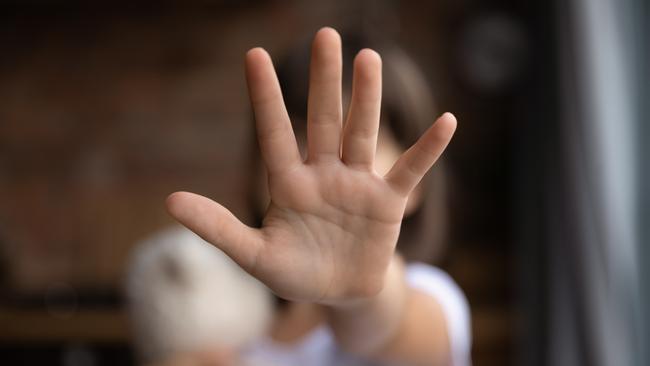
Australia’s child protection system is “not fit for purpose’’, flooded by mandatory reporting of abuse and neglect that should be tackled with hands-on help for families suffering domestic violence or drug abuse, a leading child protection expert has warned.
In an extraordinary critique of the child protection systems she has worked with for decades, professor Leah Bromfield, the 2025 Australian of the Year for South Australia, suggested that Aboriginal and Torres Strait Islander children are being taken from their families at rates akin to the Stolen Generation.
Professor Bromfield, who heads the Australian Centre for Child Protection, said mandatory reporting of child abuse and neglect is making struggling families too scared to seek help.
She said state powers to take children from parents should only be used “when other avenues have been exhausted, not as the first step”.
“We’ve never changed the fundamental expectation that all suspected abuse and neglect should be reported to child protection to assess risk and decide whether to step in,’’ she told the Centre for Excellence in Child and Family Welfare in Melbourne.
“It’s like saying go to the emergency department, rather than a GP, as the first step in help-seeking. It’s actually discouraging help-seeking because our families are afraid. This is a system that’s not fit for purpose.’’
Professor Bromfield said children were being harmed by new dangers online, drugs like crystal meth, and rising rates of domestic violence and homelessness that must be tackled on the ground.
She warned child safety systems are “failing to play catch-up with the challenges of our time’’.
“Babies are born, children grow up, and when we fail to disrupt disadvantage and support healing, we see cycles of vulnerability that accumulate, compounding across the lifespan and reaching across generations.”
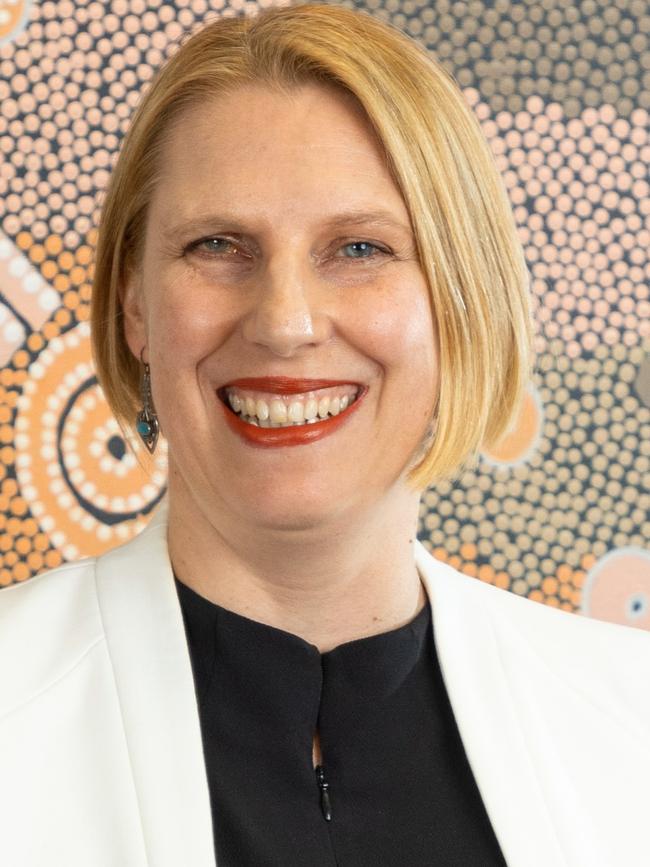
Professor Bromfield is a member of the commission of inquiry into the Tasmanian government’s responses to child abuse in institutional settings. She was also professorial fellow to the federal government’s royal commission into child sexual abuse, leading its research program.
Half a million notifications of suspected abuse and neglect were made to child protection agencies in 2022-23, the latest Australian Institute for Health and Welfare data reveals. Barely a third of reports were investigated, with 45,424 complaints substantiated and 57,995 not substantiated.
Half the substantiations related to emotional abuse, with 4120 child victims of sexual abuse, 5874 victims of physical abuse and 9323 children suffering neglect.
One in three substantiated cases involved children living in the poorest 20 per cent of families, and First Nations children accounted for 30 per cent of cases.
Australia now has 45,273 children in out-of-home care – living with foster families or other relatives – and 44 per cent of them are Indigenous.
Aboriginal and Torres Strait Islander children are 12 times more likely than other children to be taken from their parents.
Professor Bromfield told the conference First Nations children “are proportionally disadvantaged by failing systems … with some reports suggesting that we’re now removing Aboriginal children at a rate higher than during the Stolen Generation’’.
She said the child protection system was set up in the 1960s to save children suffering broken bones from physical abuse.
“We created legal powers to require people to report and enable the state to intrude into family lives … to investigate and remove children,’’ she said. “The definitions of abuse and neglect have expanded over time and now encompass physical, sexual and emotional abuse, and neglect.
“What if we didn’t report all of this abuse and neglect to child protection? Could a professional judgment element to mandatory reporting be an enabler to help us shift from a surveillance to a helping system?
“Imagine if the pathway in was family support services (instead).’’
Professor Bromfield called for more focus on housing, disability services and allied health supports, and help for families to stop or escape domestic violence, or treat drug and alcohol addiction.
“We also need therapeutic services for children and adults who have experienced abuse, violence and intellectual trauma,’’ she said.
“We now have a housing crisis and a cost of living crisis pushing more families into poverty and disadvantage, with downstream impacts on decision-making in relation to child removals and reunification challenges for children leaving care.
“We can see the devastating impacts of substance addiction on families with drugs like crystal meth … and the rise of the virtual world … that has created new and unprecedented challenges for the safety and wellbeing of our children.’’



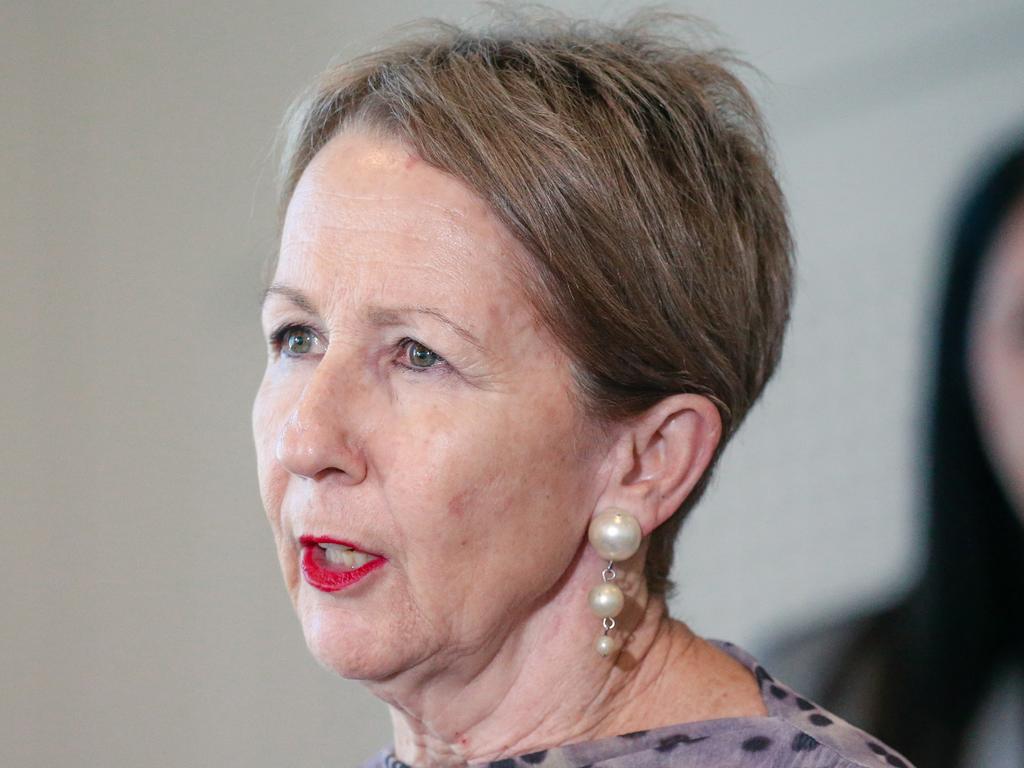
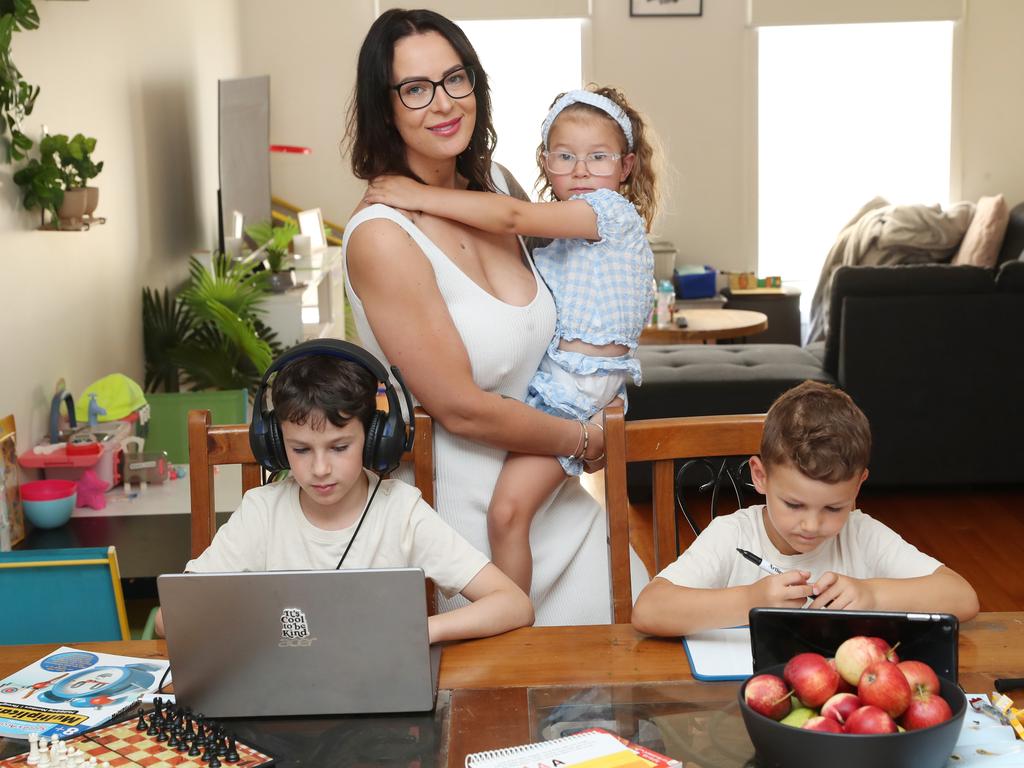
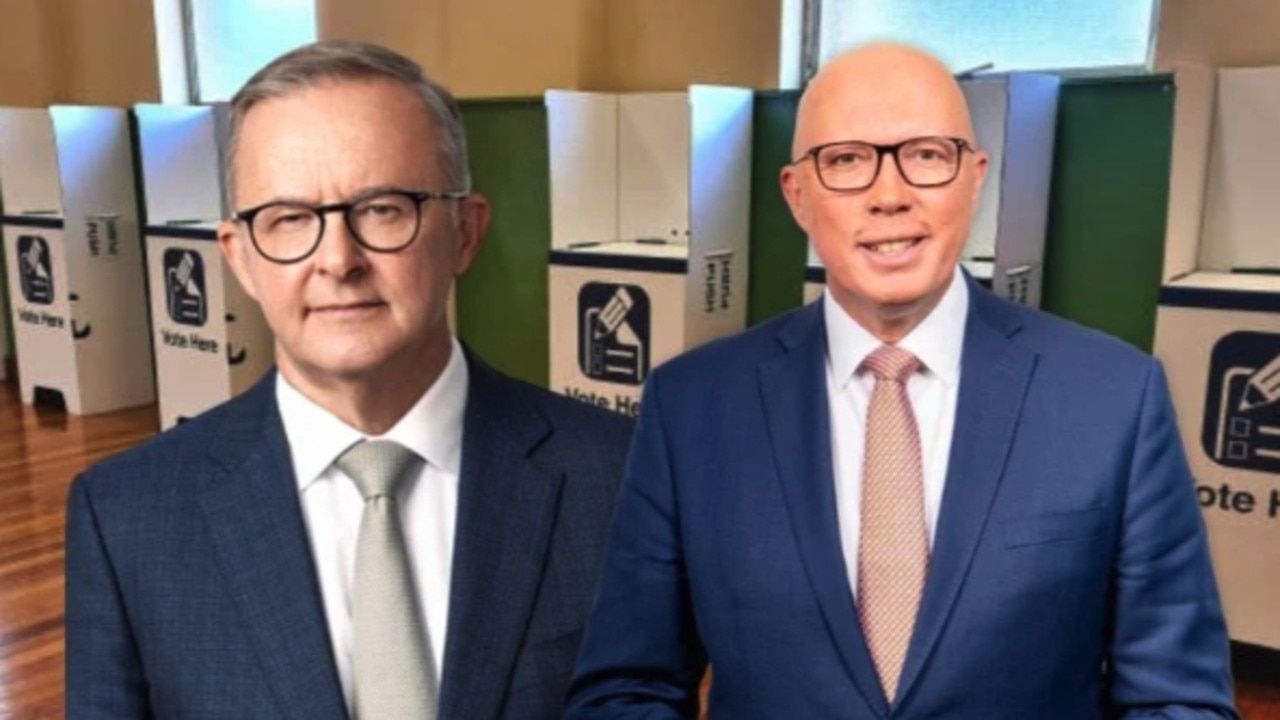
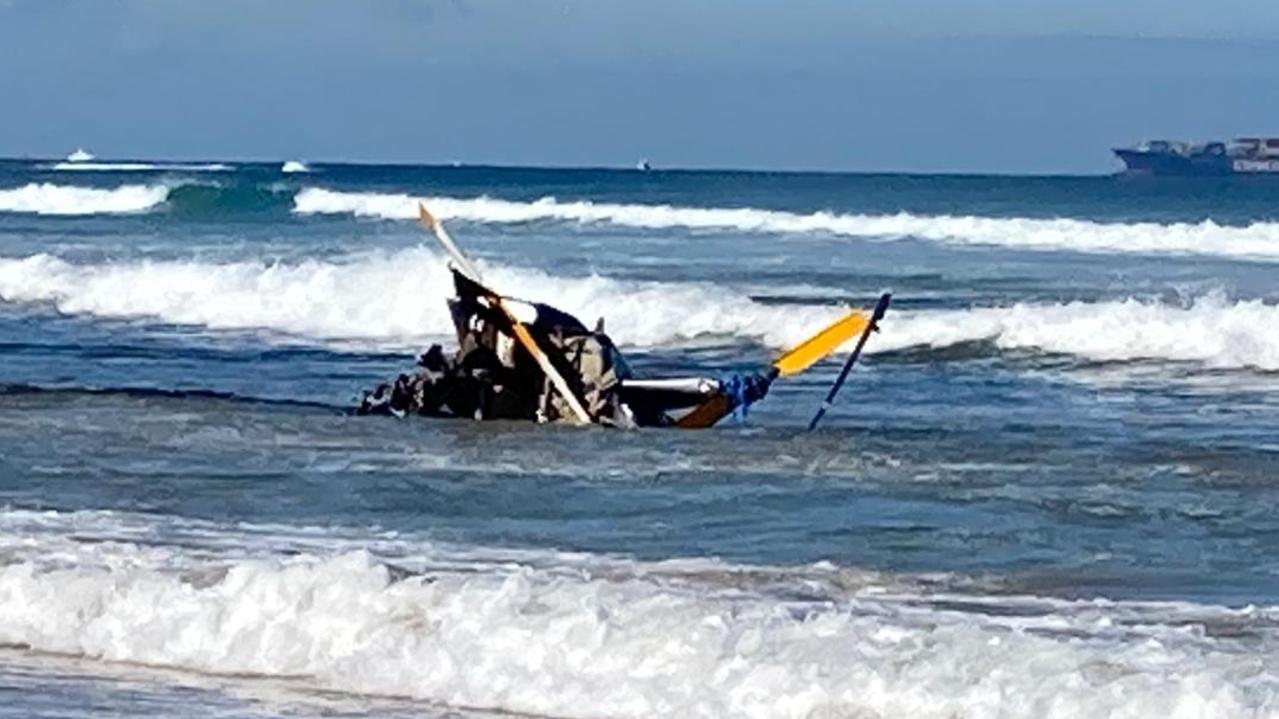
To join the conversation, please log in. Don't have an account? Register
Join the conversation, you are commenting as Logout